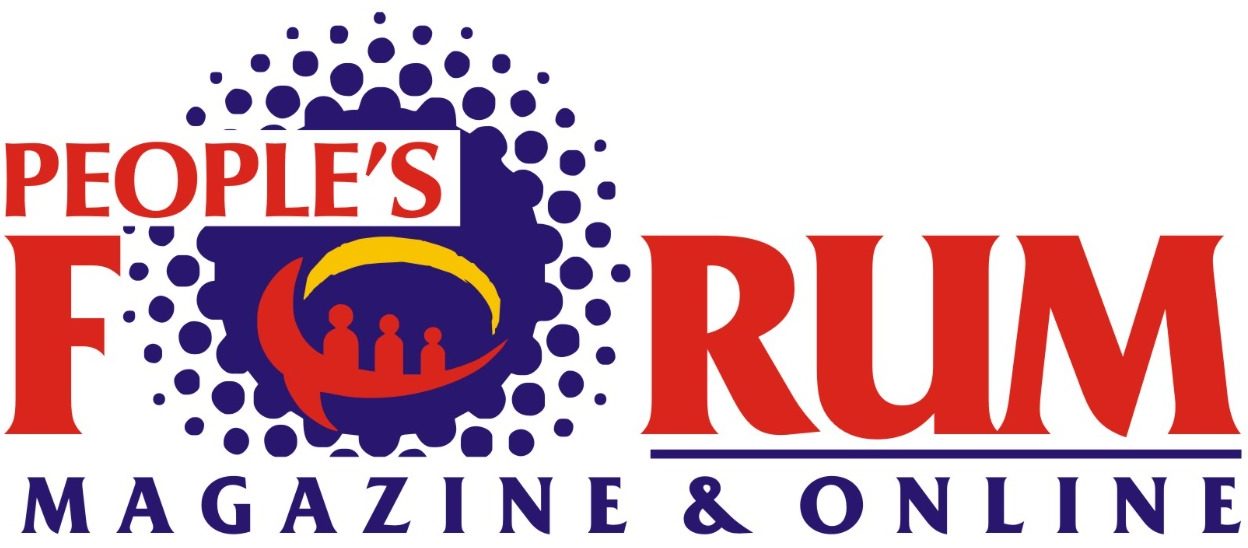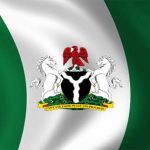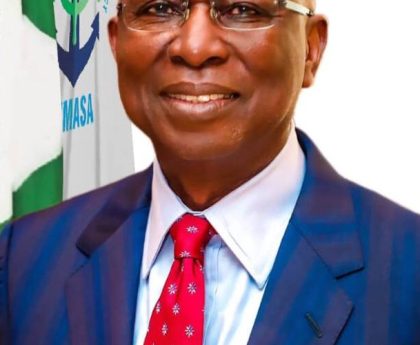As Nigeria Customs Service intensifies efforts at removing all barriers to quick cargo clearance, importers have been identified as the clog in the wheel of progress of the move.
Speaking at a breakfast meeting organized by the Maritime Reporters Association of Nigeria (MARAN) with the theme “Trade Facilitation and President Tinubu’s Economic Agenda: Matters Arising”, the former Officer in Charge of Enforcement Unit, Apapa Customs Command, DC Yahaya Idris (rtd), pointed out that Nigerian importers are not honest.
Idris accused importers of under-invoicing, under declaration and falsification of documents.
He stated that if importers are honest in their declarations trade facilitation will be easy to carry out.
He maintained that in a situation where compliance level of most importers is very low, trade facilitation may be difficult.
He explained that there are two zones in cargo clearance which are traders zone and Customs zone.
According to him, if the documents presented for the purpose of clearing cargo at Customs zone have infractions, diligent work will be done on such documents which may cause delay.
He averred that though Customs releases cargo but that it should be noted that there are other agencies that are involved in cargo clearance that can also contribute to delay.
Earlier in his welcome address, the President of Maritime Reporters Association of Nigeria (MARAN), Mr. Godfrey Bivbere, averred that
MARAN recognizes the robust reengineering of Customs trade together with its operational tools and improved governance system put in place by the incumbent Comptroller General of Customs, Bashir Adewale Adeniyi and his hardworking and focused management team; and the Nigeria Customs Service uneasy intermediary between government and port traders and in respect of its critical interventions that has attracted a number of reconsiderations and reviews by the relevant departments of government.
The President said that in the light of the above symbiosis, MARAN would not expect anything less than a sincere evaluation since trade facilitation and national development are critical to economic agenda of any administration.
He opined that the breakfast meeting may wish to note the following:
“That port inefficiency is a factor in trade facilitation. While trade facilitation presupposes the enabling elements in port trade and the cargo clearance value chain, the Lagos Chamber of Commerce and Industry (LCCI) in 2023 in its report said the Nigerian maritime sector is in crisis, with inference to the country’s ranking at near bottom of the World Bank Ease of Doing Business indicators, in the cumulative prior years of assessment.
‘Experts have also said that whereas trade facilitation focuses on effective application of procedures for minimizing cost burdens, by extension, by the same token it is also designed to optimize efficiency while protecting the efficacy of extant regulations and regulatory mandates.”
Bivbere stated that MARAN found it a bit disturbing a recent rating of port efficiency tabulation where Togo topped the subregion in areas of modernization, efficient port trade cost, vessels turnaround time, among other variables.
“MARAN is concerned that while Nigeria boast of very large port system with huge import inflow, a sizeable chunk of this cargo is diverted to neighbouring ports owing to their efficient services; while the same cargo find their way back to Nigeria, often via smuggling.
It is equally of note that whereas, President “Tinubu’s administration has drawn up a purposeful recovery blueprint for the economy, some of the administration’s policy direction appeared to have assumed too combative posturing, with an inevitable backlashes resulting in observed disruption in the fiscal and macroeconomic system; while also causing major distortions in the market.
MARAN advises that the desire to rejig the national revenue system and jumpstart critical fiscal measures should not be compressed into a too tight short term template because of its disruptive reactions. A balancing must be sought, especially in view of the fact that the nation export base is still very weak, making us largely import dependent.
“A realistic middle of the way will be the best approach, if also this government makes the genuine effort at reducing its alleged huge spending and administrative overhead costs,” the MARAN President noted.





